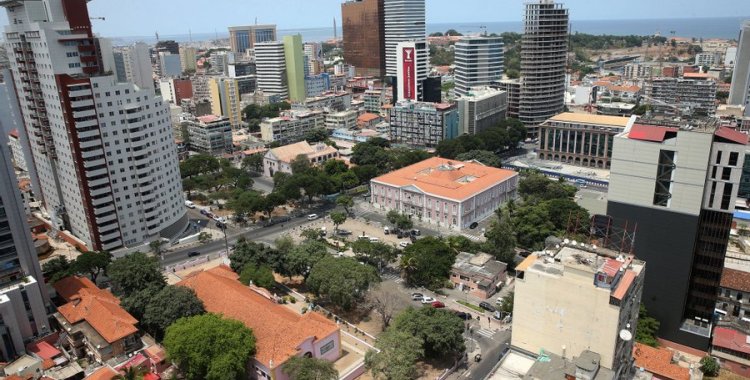The information was released on Wednesday by the Secretary of State for Finance and Treasury, Ottoniel dos Santos, at the end of the meeting of the Interministerial National Commission of Propriv, which took stock of the processes that are underway.
According to Ottoniel dos Santos, of the 97 assets that had initially been defined to be in the privatization program until the end of this mandate, a total of 14 processes are underway for the privatization of companies and assets, which will be concluded this year, to make way for the privatization, sale or concession of a total of 50 assets.
"We have to highlight the process of BCI (Banco Comércio e Indústria) and also the process of assets that are associated with Sonangol in its regeneration program, as well as other assets that are in the privatization program", he said.
Ottoniel dos Santos stressed that all the remainders of the program will be transferred to 2022, a situation that could occur with the privatization process of Ensa, a state-owned insurance company.
"Ensa is in the set of assets whose completion is scheduled for the end of 2021, however, the negotiation process with competitors who have been approved for this phase is ongoing and we are currently waiting to conclude it, in order to that we can then guarantee that this process will finish within the 2021 horizon or if it will have to be for another week or two beyond the foreseen period, which would oblige us to register the process as completed only in 2022, albeit early on", he explained.
The Secretary of State for Finance and Treasury said that the degree of private interest in the pool of assets and companies being privatized "is substantial" and gives some assurance that projects and processes will be completed as expected.
"Here there is always the need for alignment, concertation, negotiation, with all those national and international agents interested in the various assets and companies that the State has to privatize and that, in accordance with its analysis and availability, a strategy of acting in the different sectors, they can also make their offers", he stressed.
Asked about the amount that the State hopes to collect from these privatizations, Ottoniel dos Santos said that he is dependent on the negotiation process with each of the investors or purchasing proponents.
"Each asset has a base that can and is used for bidding or for the tender to be launched, however, depending on what the offer is and also the bidding base may be higher or lower than the amount we will then expect to collect" , stressed.
Regarding the launch of more tenders, the Angolan government official said that there will be more tenders for assets and that those expected to be concluded in 2022 were due to the defined privatization modality or procedure, specifically the initial public offering.
"It's a procedure that takes more time, which necessarily has to go through several phases until it is in a position to go to the market and that's why we have some companies that are going to be privatized via initial public offering and here I speak of Banco Angolano de Investimento, in that already on the part of the shareholders and the holder of the executive power, steps were taken in the sense of conforming the procedure for privatization", he said.
Ottoniel dos Santos also cited the case of Sonangalp, which operates in the oil sector, in which the State will sell its participation through the initial public offering, "as the processes take longer, they will only be concluded in 2022 ".
According to the Secretary of State for Finance and Treasury, during the consultation process and the survey of the books, it was possible to perceive that there are interests of various nationalities and also local investors, depending on the sector and the nature of the asset.
"We can say that there could be a balance here between national and international investors, that at the end of the process we end up having foreign companies leading in a certain set of processes, given the nature of the asset, and in other processes we have more national investors, given the nature of of these assets," he said, pointing to expressions of interest from investors from Portugal, France, South Africa and other African countries.







